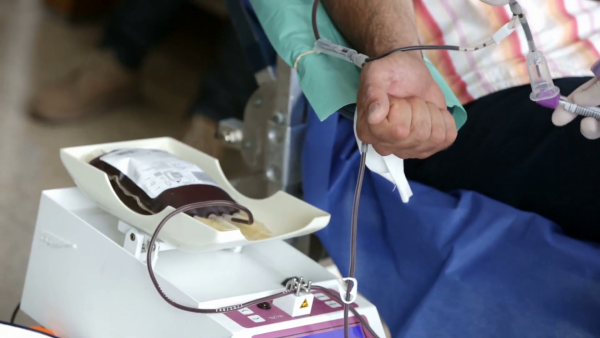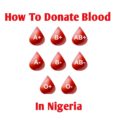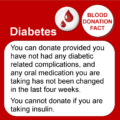Blood donation refers to the process of collecting, testing, preparing, and storing blood and blood components. Donors are most commonly unpaid volunteers, but they may also be paid by commercial enterprises. In Nigeria, ten donations per a 1000 population is required to meet a nation’s blood supply demand. At the current level of healthcare delivery in Nigeria, an estimated 1.8 million units of blood is required annually. However, the present donation rate of 0.2 donations/1000 population can hardly meet this demand.
Average cost to collect, test and store a unit of blood: About $94. Cost to patients: About 5,000 naira ($13.93) per unit if blood is available, but the National Blood Transfusion Service doesn’t collect enough blood to meet the country’s demand so many patients do not receive the transfusions they need.
In private hospitals patronized by a large population of Nigerians, it was discovered that the cost of blood is higher. For instance, a pint of blood now goes for between N15, 000 and N 25, 000, depending on the blood group, that is AB, O- and O+
How Much Does It Cost To Donate Blood In Nigeria
In Nigeria, blood donation is free and at no cost whatsoever to the voluntary blood donor. The usual practice in most hospitals and blood transfusion centers is to provide snacks for the donor during the 15- 20 minutes rest time after blood donation.
However, when donating blood for a relative or patient directly, an administrative cost for screening the blood is charged. This fee ranges from between N1500 – N10,000 depending on the hospital.
Blood types and donation In Nigeria
The four different blood groups are A, B, AB and O, and each type is either Rh-positive or Rh-negative. O negative blood can be given to anybody if necessary, but it is always preferable to match the exact blood group to prevent dangerous reactions. SEE: Best Blood Tonic For Weight Gain In Nigeria
Healthy adults that meet donation eligibility criteria are able to donate blood and the procedure is safe and relatively painless.
Blood donor requirements In Nigeria
Donors to the Blood Service must:
- be healthy and not suffering from illness at the time of donation
- be aged between 18 and 70 years (other rules may apply if you are a current donor)
- weigh at least 50 kg
- have normal temperature and blood pressure
- meet guidelines designed to protect both the donor and the people who will receive the blood.
The blood donation process
You can donate blood to the Nigerian Red Cross Blood Service at a variety of places, including blood donor centers. Donating blood only takes around 10 minutes, but you should allow at least an hour for the whole process, which includes a personal interview and recovery time in the refreshment area. You can donate whole blood every 12 weeks, but you can donate plasma every two weeks.
Mandatory tests of donated blood in Nigeria
All donated blood is screened for blood borne diseases such as hepatitis, syphilis and HIV.
The main types of blood donation include:
Whole Blood Donation: a standard donation, consisting of plasma, red and white blood cells, platelets, antibodies and other components
Plasma Donation: also known as apheresis. Plasma is separated from the other components by a special machine, and the red blood cells are returned to the donor in cycles throughout the donation
Platelet Donation: known as plateletpheresis. This is done in a similar way to plasma donation, but both the red cells and plasma are returned to the donor. See: How To Donate Blood In Nigeria





